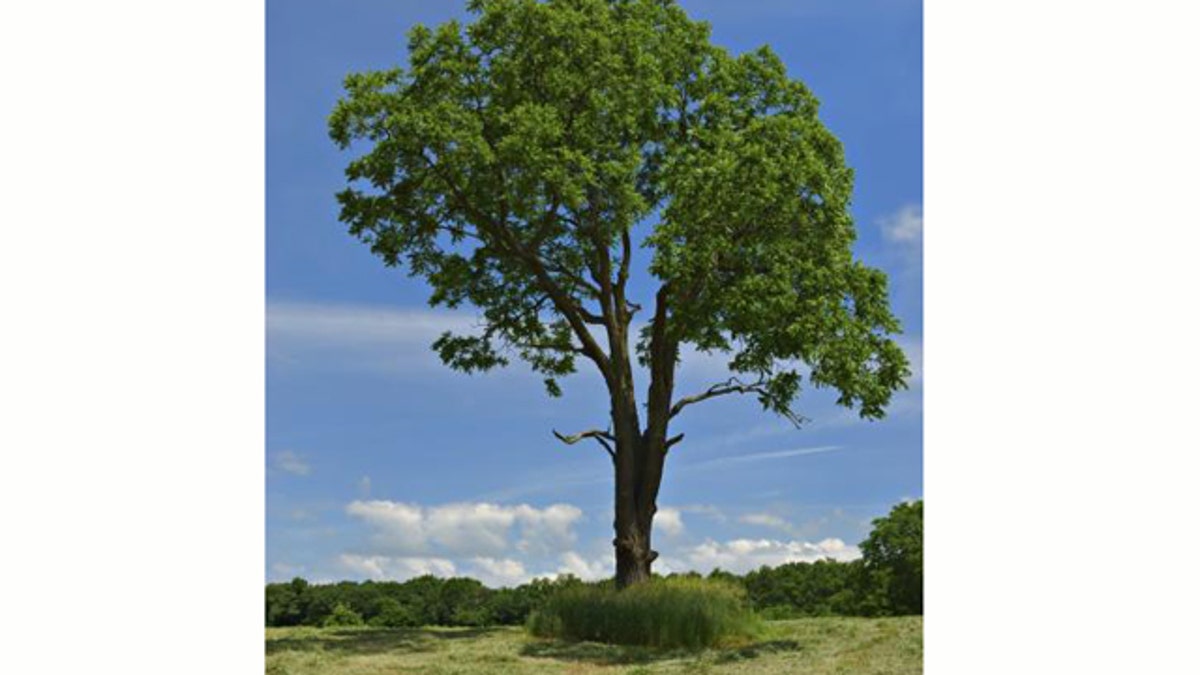
Leaves of the walnut tree contain progesterone, the female sex hormone, discovered for the first time in a plant. (iPhoto)
Scientists have discovered that the female sex hormone progesterone grows in walnut trees, shaking up what's known about the different between plants and animals.
Until now, scientists thought that only animals could make progesterone. A steroid hormone secreted by the ovaries, progesterone prepares the uterus for pregnancy and maintains pregnancy. A synthetic version, progestin, is used in birth control pills and other medications.
"The significance of the unequivocal identification of progesterone cannot be overstated," write Guido F. Pauli and colleagues in the American Chemical Society's Journal of Natural Products.
"While the biological role of progesterone has been extensively studied in mammals, the reason for its presence in plants is less apparent," explains the article. Pauli speculates that it may support biological activities, such as the regulation of seedling growth, or it may simply be an evolutionary artifact -- a genetic leftover that's no longer doing anything for the plant.
Regardless, it's an eye-opening discovery, and may shape future studies: "When comparing plants and animals," writes Pauli, "it is more helpful to emphasize the similarities rather than the differences."
